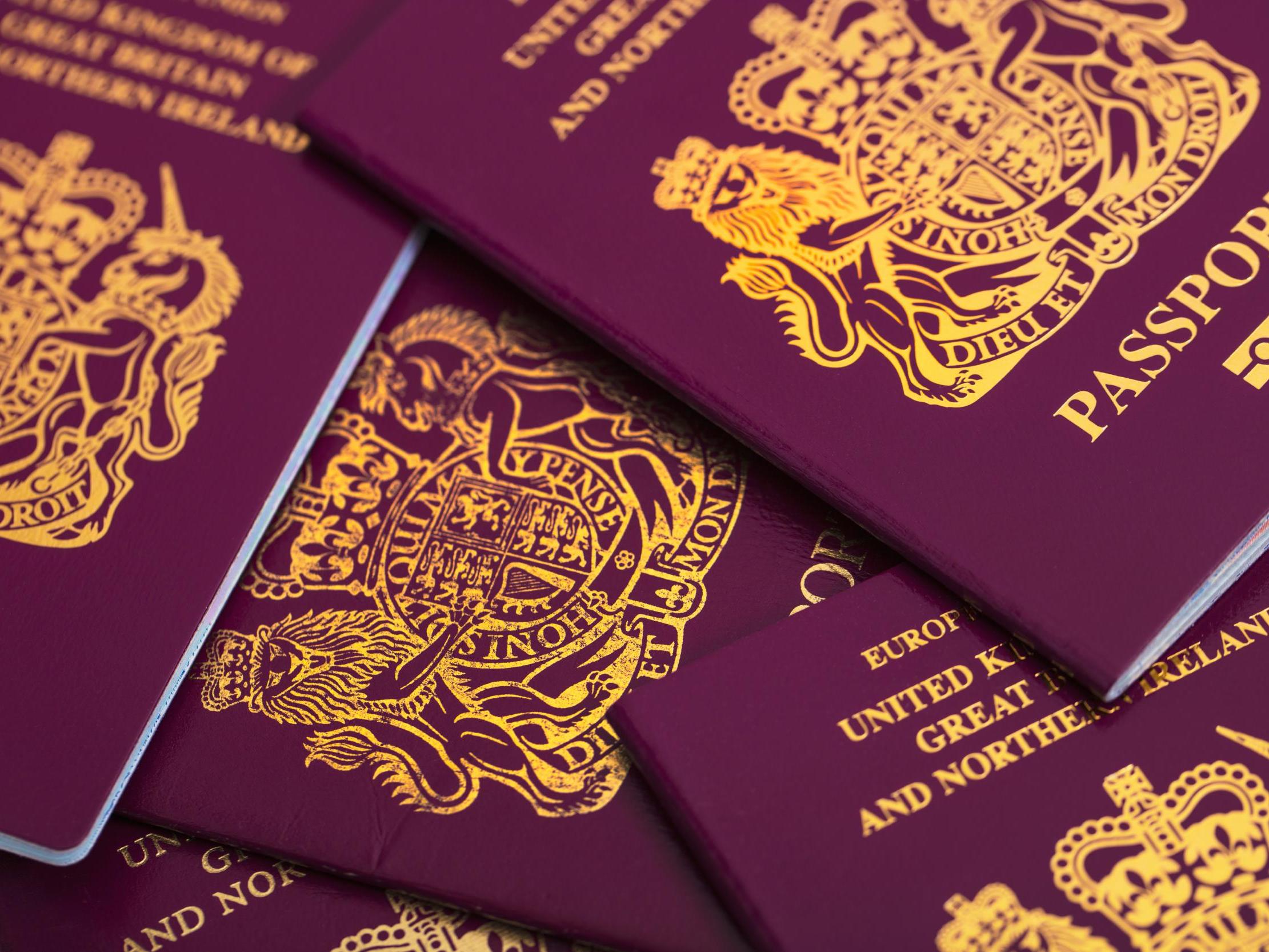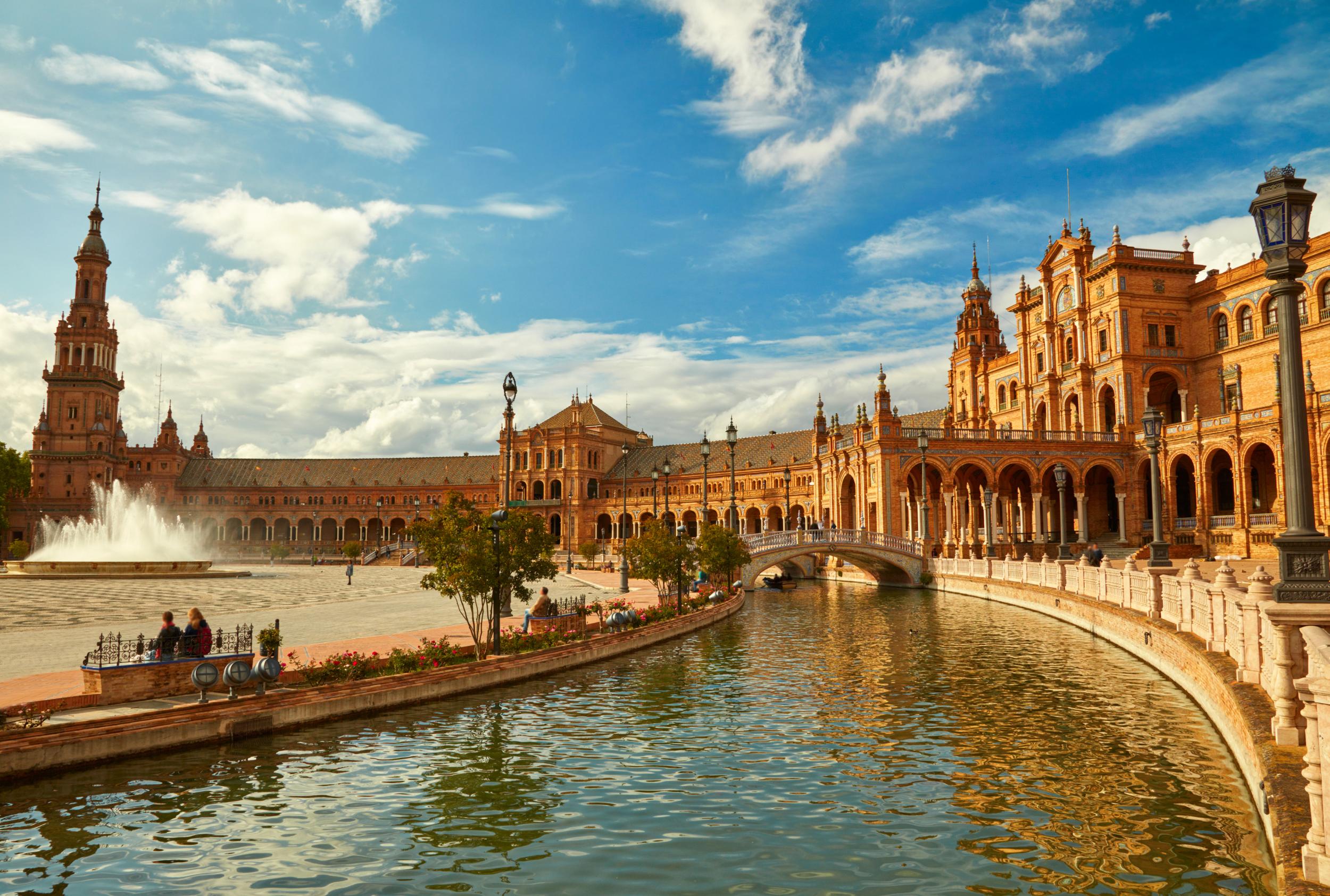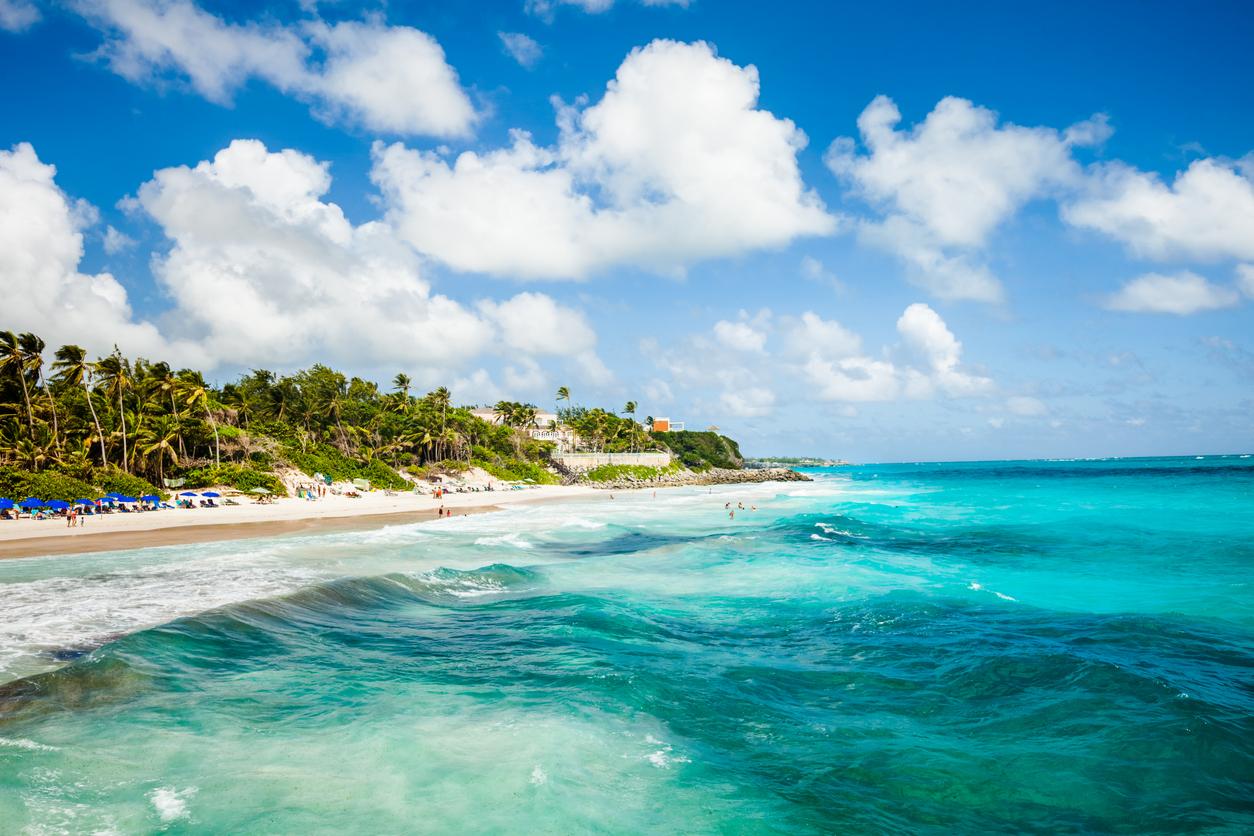Will my passport be valid after Brexit?
Simon Calder answers your questions on passport rules after we leave the bloc, how to navigate fare-comparison websites and the best currency for a trip to Barbados


Q I am planning to be away in Europe from 25 October to 4 November 2019, ie over Brexit. I am completely confused about passport validity, and if I need to renew I am running out of time. My passport was issued on 10 January 2010 and expires on 10 October 2020. The government’s online “passport checker” says that it is not valid for travel. But looking on another government website, it says I only need six months left.
Phyllis A
A Whatever happens with Brexit, British travellers heading for the European Union in 2019 have been subject to an absurd amount of stress and uncertainty over passport validity. As long as the UK remains a member of the EU, the rules are completely straightforward. Your passport is valid for travel anywhere in the European Union up to and including the date of expiry, and you have an automatic right of access: frontier officials are allowed only to check that you have a valid EU travel document.
But in the event of a no-deal Brexit, life becomes far more complicated. The UK government says you will need at least six months’ validity remaining on the day you apply to a European Union country for admission (unlike now, in theory you could be turned away). On the face of it, with a passport due to expire a year from now, that looks perfectly acceptable. But after departure from the EU, another rule comes into effect: the European stipulation that non-EU passports can be valid for no more than 10 years.
For many years until 2018 the UK had an excellent tradition of allowing credit for “unspent” time when renewing a passport: if your travel document still had time to run when you replaced it, the new passport could be valid up to 10 years and nine months – which is exactly what yours is. That is fine while Britain remains part of the European Union. But when we leave, your passport will be deemed by the EU to expire exactly a decade after it was issued, ie on 10 January 2020.
For a journey to Europe after Brexit, you would not have sufficient time remaining. But you are in the fortunate position of planning to be out of the country on 31 October. Anyone from the UK going to Europe up to and including that date must be allowed in without question – even if their passport were due to expire the following day.
The fact that you will be in the European Union for four days when there are only a couple of months to run on your passport (in the eyes of the EU) will cause no problem. I see no possibility that British travellers already in Europe on short visits will be pursued for technical infringements of passport rules. Sorry it is all so complicated. At least when you renew your passport it will be blue: the same shade as Croatia, which is in the EU, and North Korea, which is not.

Q For a recent trip to Seville, I searched for flights on a fare-comparison website. I was accurately quoted £70 for the outward flight on British Airways. The Ryanair fare was shown as £112, but by the time I clicked through and made the booking, the fare had increased to £134 (and I had made sure I had not ticked any boxes for additional charges). Do airlines deliberately provide lower fares to get you to at least go to their site? I booked it in the end as it was the most convenient flight.
Thair S
A Fare-comparison websites such as Skyscanner are very valuable tools for travellers. But they are not perfect. They work through feeds from online travel agents and airlines. These are not 100 per cent real-time fares – a boggling amount of data would be involved if notifications were sent every time the fare changes for a seat in a particular class on a certain flight (and possibly through a specific online travel agent). So the prices are snapshots of the fare hours or days earlier.
Quite often I find the fares quoted are lower than the prevailing prices. Given the propensity of air fares for a particular flight to increase over time, that is what I would expect to happen. But occasionally I am pleasantly surprised that the actual fare is lower than originally indicated.
I have not seen evidence of airlines or agents tricking fare-comparison sites into displaying lower prices as a “bait-and-switch” ploy – and from what I know of how fiercely firms such as Skyscanner protect their reputations, I imagine any such attempt would quickly be thwarted.
One mild money-saving tip: next time you book with Ryanair from a foreign location to the UK, make sure you pay in local currency rather than the default of sterling at a rate highly advantageous to the airline. In your case, it could have added an extra fiver to the cost.
And as I am sure you understand, the fares quoted are only with cabin baggage. In the case of Ryanair that amounts to one small 10kg bag, compared with British Airways’ vast 46kg, two-bag limit.

Q My wife and I are going to Barbados in November. I wonder what money is best to take: US dollars or Barbadian dollars or a bit of both?
Dave G
A When visiting any country, it seems logical to take the currency of that nation. But I am afraid that Barbados is one of many smaller countries where trying to get the “right” currency in the UK will squander your holiday money.
The Barbadian dollar is locked to the American dollar at a rate of B$2 to US$1. Local businesses are entirely disinterested in whether you pay a bill of B$10 with a banknote of that value, or use a US$5 bill instead. So therefore you can arrive with a fistful of American dollars knowing that they will be accepted everywhere.
The US dollar – along with the euro – is competitively priced in the UK. The Barbadian dollar is not.
Right now, B$2,000 will cost me £881 from the Post Office, if I buy online. But buying US$1,000, which is worth exactly the same in Barbados, from the same place, saves £50.
Once you are in Barbados, you will receive change in either (or both) currencies. But make sure you do not leave the island with any Barbadian dollars. While US dollars are welcomed practically everywhere on earth, currency from small Caribbean islands is not – just imagine trying to change Isle of Man pounds in New York or Singapore.
Similar advice applies for travel to Belize (which has the same rate of two local dollars for one American) and Bermuda, where the US and local currency are worth the same.
The eastern Caribbean dollar, used in Antigua, Grenada and St Lucia, is locked at EC$2.70 to one American dollar – which makes conversions much trickier. But stick to US currency, and use the calculator on your phone to make sure you’re getting the right change.
Finally, if you are lucky enough to visit either Panama or Ecuador, you will find that both Latin American countries have adopted the US dollar as their currencies. So no confusion there.
Email your question to s@hols.tv or tweet @simoncalder
Join our commenting forum
Join thought-provoking conversations, follow other Independent readers and see their replies
Comments